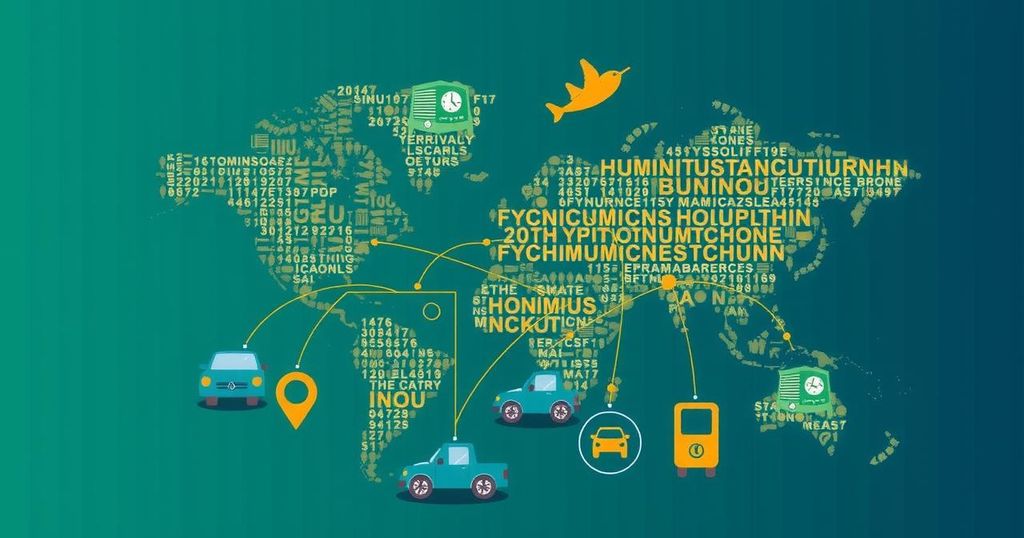Integrating Human Mobility in COP29 Negotiations: Key Messages and Pointers

This technical brief outlines essential pointers for integrating human mobility into COP29 negotiations, focusing on areas such as climate finance, loss and damage mechanisms, and adaptation frameworks. Collaboration among civil society and UN partners aims to address the profound impacts of climate change on human mobility, ensuring that vulnerable populations are adequately represented in decision-making processes.
In anticipation of COP29 in Baku, Azerbaijan, this technical brief presents essential pointers and key messages aimed at incorporating human mobility considerations into the UNFCCC negotiations. It emerges from a collaborative effort among civil society and United Nations partners, facilitated by multiple practitioner groups, including the Advisory Group on Human Mobility and Climate Change and the Climate, Migration, Displacement Platform. The document underscores the significance of addressing human mobility across various critical agendas such as climate finance, loss and damage responses, adaptation goals, and implementing equitable transition measures.
The discourse surrounding human mobility is gaining momentum in the context of climate change, as its implications for populations affected by environmental shifts are profound. Increasingly, climate-related factors lead to migration and displacement, necessitating their inclusion in international climate dialogues. COP29 presents a pivotal opportunity for Parties to solidify frameworks that integrate human mobility into key climate finance mechanisms and adaptation strategies, thereby ensuring that vulnerable populations are included in decision-making processes.
In conclusion, the integration of human mobility into the negotiations at COP29 is not only vital for addressing climate change’s direct impact on populations but also instrumental in formulating equitable and comprehensive responses to loss and damage. By focusing on human mobility across a spectrum of key areas, negotiators can work towards creating frameworks that not only assist in immediate crisis management but also promote long-term resilience and adaptation strategies.
Original Source: www.lossanddamagecollaboration.org






